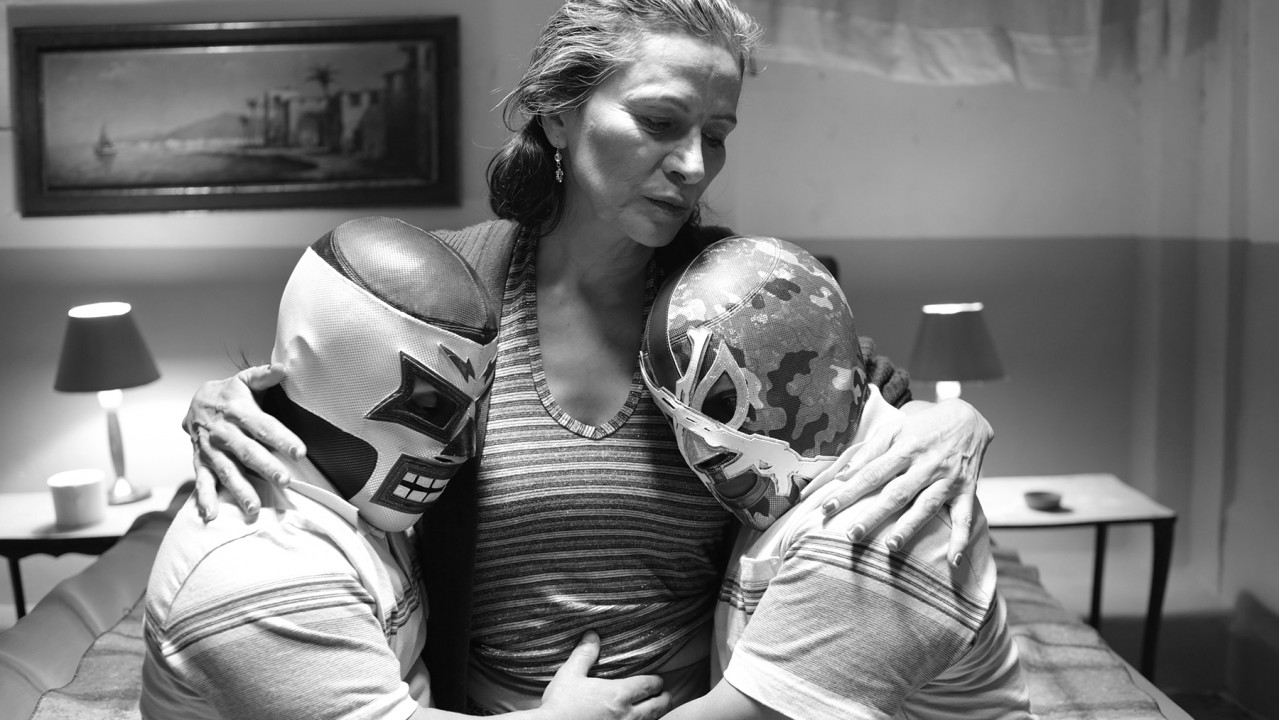
Arturo Ripstein's Bleak Street
Across the now more than fifty-year span of his still-vital career, Arturo Ripstein has steadily fixed an unyielding yet compassionate gaze upon the marginalized fringes of Mexican society and history, a decadent world crowded with seductive crooks, abusive lovers, petty tyrants and hopelessly romantic dreamers. An essential complement to the dark fatalism of Ripstein’s films, and especially those written by his wife and long time creative partner Paz Alicia Garcíadiego, is a chipped humanism and black humor that gives authentic voice and fragile dignity to even his most desolate, desperate and abandoned characters. Ripstein’s celebrated latest film Bleak Street takes to another level the stark theatricality that often undergirds his films and casts an unsettling limelight on the performative selves obsessively reinvented by his characters. Indeed, the back alleys and seedy love hotels of Ripstein’s native Mexico City are given a haunting, unreal dimension by the remarkable black-and-white digital cinematography of Alejandro Cantú, whose gliding camera suggests at times a larger force propelling and interconnecting the film’s different threads. Like Ripstein’s remarkable debut feature, The Castle of Purity (1972), his new film is an almost unbelievable story based on an unbelievable actual event: the double murder of twin midget wrestlers by a pair of prostitutes. Never once removing their masks, the inseparable pair of devoted mini-luchadores are uncanny emblems of the troubled and contradictory masculinity explored throughout Ripstein’s films and famously detonated in his still best-known work, El lugar sin límites (1977). Bleak Street extends, at times with dark absurdism, the hard critique of class inequity that has been a constant of his films, here by revealing a vicious and unceasing cycle of exploitation that even drives the very poorest against one another. Bleak Street also introduces a newly ruminative tone into Ripstein’s cinema with its touching meditation on old age and obsolescence embodied by the weary figures of the aging prostitutes and battered wrestlers who find no escape from the brutal work that both defines and destroys them.
The Harvard Film Archive is pleased to welcome back Arturo Ripstein and Paz Alicia Garciadiego for a screening of Bleak Street, together with a rarely seen earlier Ripstein-Garciadiego film, Woman of the Port.










